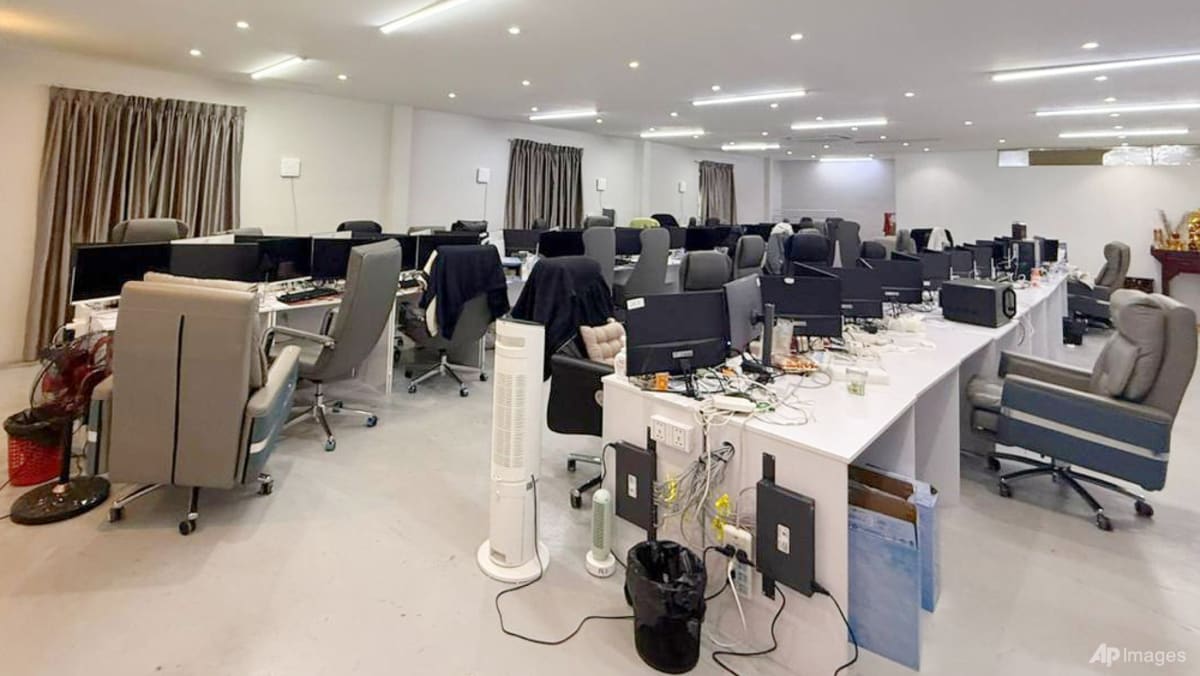LIMITED OPTIONS FOR RECOURSE
When CNA visited a Woodlands warehouse run by Style Theory on Thursday, undelivered parcels were observed but no workers were present.
Meanwhile, the National Trades Union Congress (NTUC) and the Singapore Industrial and Services Employees’ Union (SISEU) said in a statement that they are ready to support affected members and workers by facilitating job transitions and offering financial aid where necessary.
Style Theory is a non-unionised company, but some of its workers are members of the union, SISEU executive secretary Desmond Tan said in the statement on Thursday.
“In retrenchment exercises where there are members working in non-unionised companies, NTUC’s affiliated unions and/or associations will extend assistance to our members should they be affected by the exercises,” Mr Tan added.
Lawyers noted that when a business offering subscription services shuts down, affected customers typically have limited options for recourse.
For companies undergoing liquidation, it is a 12-month-long process after the commencement of winding up.
During this period, a court or the company will appoint a liquidator to assess its debts and assets.






